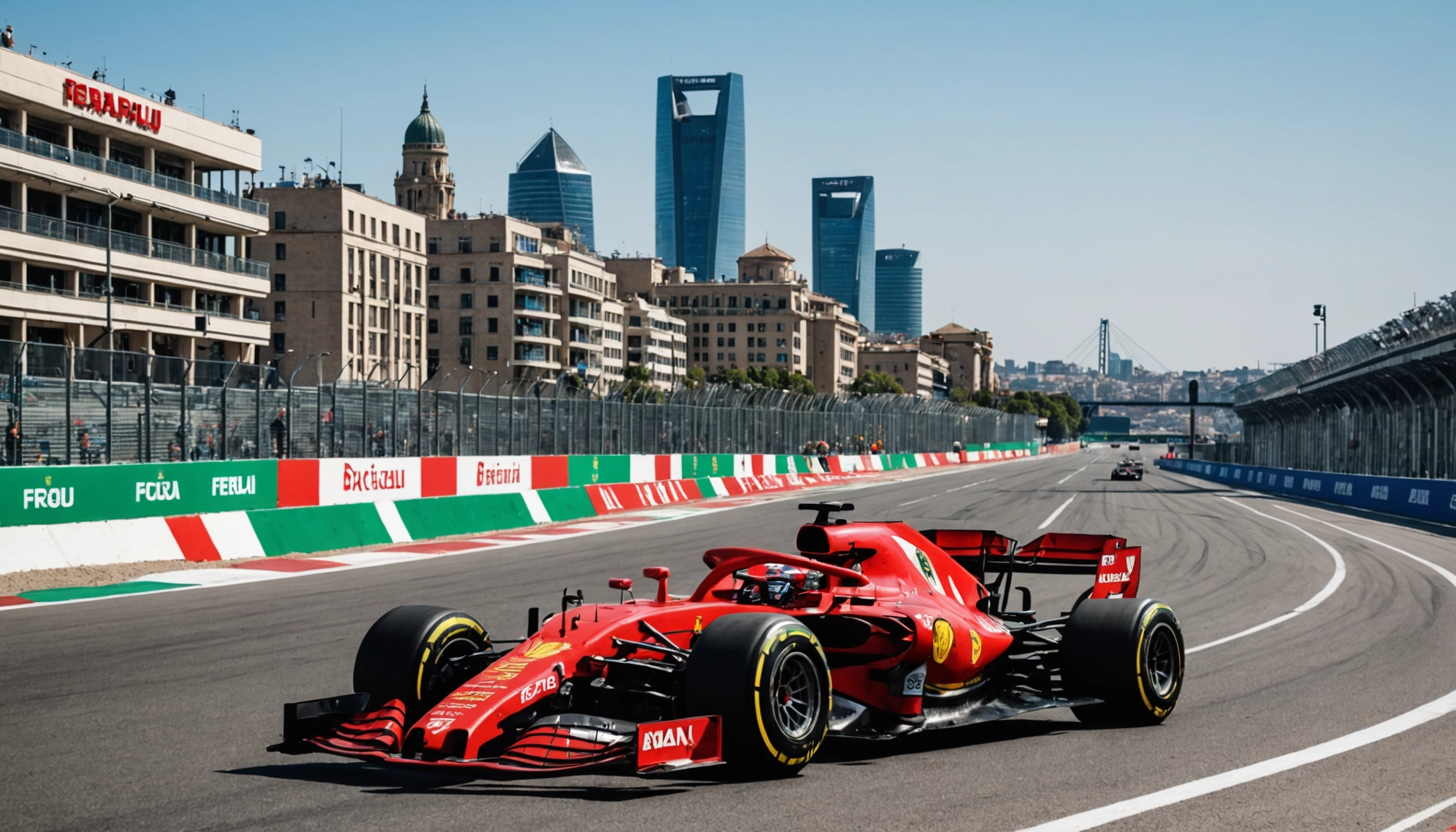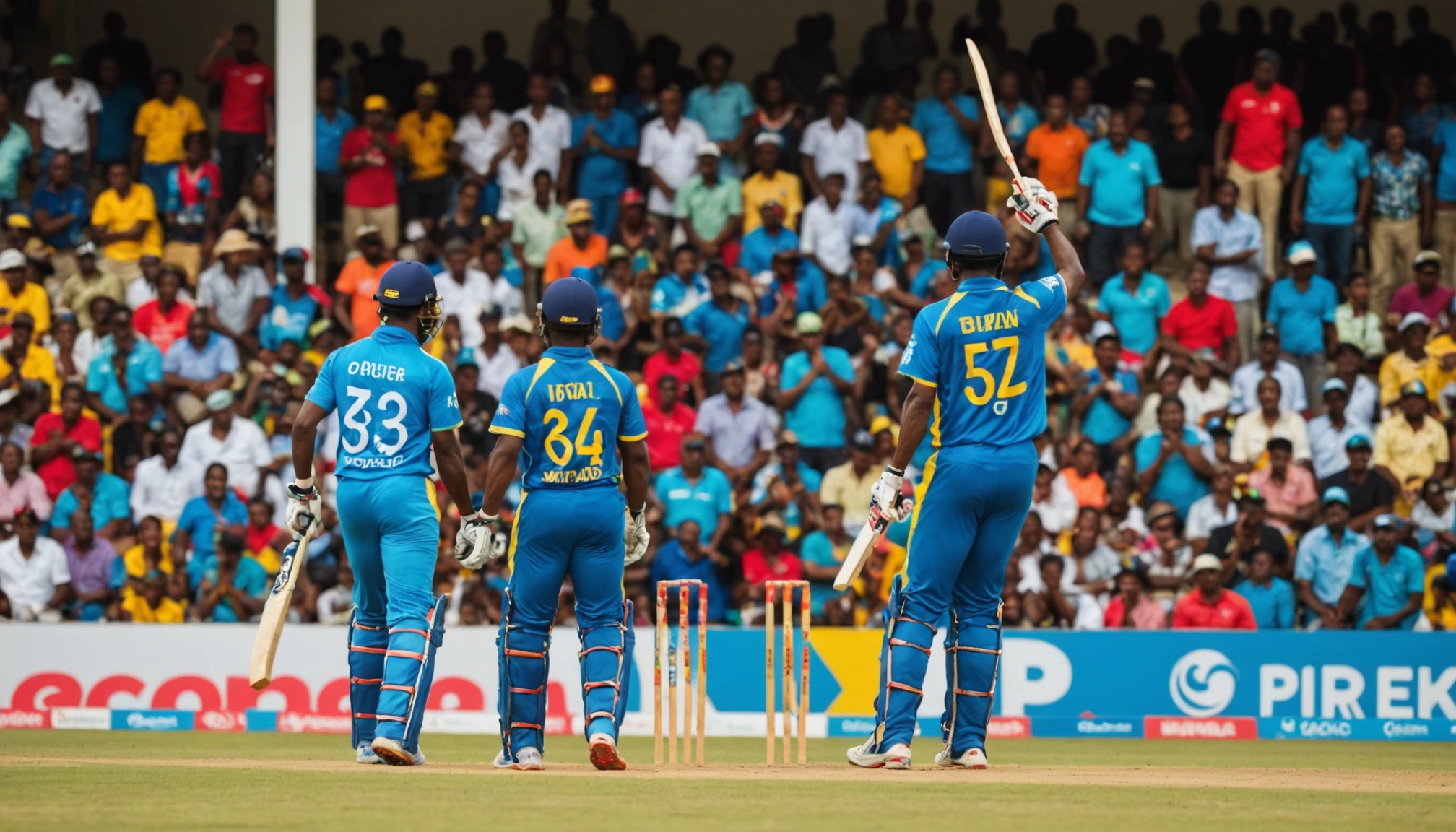Why Scotland's World Cup qualifier against Belarus is in Hungary
Discover why Scotland's World Cup qualifier against Belarus is played in Hungary, the impact on fans, and how to watch the match live on BBC Scotland.

By Editorial
Introduction to Scotland's World Cup qualifier in Hungary
Scotland's upcoming World Cup qualifier against Belarus is set to be played at a neutral venue in Hungary, raising questions among fans and pundits alike. The match, scheduled for Monday at the ZTE Arena in Zalaegerszeg, will be held without the presence of the iconic Tartan Army, Scotland’s passionate supporters. This unusual arrangement stems from UEFA sanctions linked to geopolitical tensions and has significant implications for both teams and their fans.
Why is Belarus banned from hosting matches at home?
Belarus’ inability to stage home matches on home soil is the result of UEFA sanctions imposed due to the country's support of Russia's invasion of Ukraine. Since March 2022, all Belarusian national and club teams have been required to play their UEFA fixtures at neutral venues without spectators. This decision aligns with the broader exclusion of Russian teams from UEFA competitions in response to the conflict.
The sanctions are not merely symbolic; they affect the atmosphere, logistics, and competitive balance of the games. For example, Belarus must select neutral stadiums far from their homeland, which requires significant coordination and often results in matches played in empty stadiums.
Why was Hungary chosen as the neutral venue?
The Football Federation of Belarus was responsible for selecting a suitable neutral ground for their matches, and they chose the ZTE Arena in Zalaegerszeg, Hungary. This city is approximately 227 kilometres from Budapest, offering a practical location within Europe that meets UEFA's stadium standards.
The ZTE Arena is not new to hosting Belarusian fixtures under these conditions; it will also host a World Cup qualifier between Belarus and Denmark later this year. However, the venue for Belarus' match against Greece remains undecided, highlighting ongoing challenges in arranging neutral grounds.
Northern Ireland’s manager Michael O’Neill described the experience of playing at Zalaegerszeg as reminiscent of matches during the COVID-19 pandemic, noting the lack of crowd presence diminished the usual intensity of international fixtures.
The impact on Scotland’s fans and the Tartan Army
The absence of fans at the Hungary venue means the famous Tartan Army will be unable to attend this fixture in person. This is a significant blow to Scotland’s supporters, who are renowned for their vibrant and passionate presence at away games.
John Bleasdale of The Tartan Army Magazine expressed the sentiment that the Scotland fans are being unfairly penalised by circumstances beyond their control, as are Belarusian fans who are also deprived of watching their team live at home. This shared loss underscores the complex human cost of geopolitical decisions intersecting with sport.
Consequently, Scottish supporters will only be able to travel to two away matches in this World Cup qualifying campaign: the opener against Denmark in Copenhagen and the penultimate game versus Greece. This limitation reduces opportunities for the Tartan Army to rally behind their team in hostile environments, potentially affecting team morale and atmosphere.
How to watch the Scotland vs Belarus qualifier live
Despite the empty stadium, football fans can still watch the Scotland vs Belarus match live, ensuring they don’t miss any action. The game will be broadcast on BBC One Scotland starting at 19:30 BST and streamed on BBC iPlayer, providing easy access across the UK.
For those who prefer audio, live radio commentary will begin at 19:40 BST on BBC Radio Scotland and BBC Sounds, with Gaelic commentary available on BBC Radio Nan Gaidheal for Scotland's home matches. This comprehensive coverage ensures fans remain connected even without physical attendance.
The wider context: UEFA and politics in football
This situation is a clear example of how political developments can influence the sporting landscape. UEFA’s sanctions against Belarus reflect the organisation’s stance on the conflict in Ukraine and its commitment to maintaining ethical standards within European football.
Historically, football has often been intertwined with politics, from Cold War-era matches to boycotts and bans in other contexts. The Belarus case is a contemporary instance where geopolitics directly affect where and how matches are played, fan participation, and the overall football experience.
Conclusion: challenges and future outlook
Playing Scotland’s World Cup qualifier against Belarus in Hungary without fans is a rare and challenging scenario shaped by international events beyond the pitch. While it denies supporters the chance to attend live, the match remains accessible through extensive broadcast options.
Looking ahead, the situation underscores the importance of sport as a platform not just for competition but for reflecting broader societal issues. Fans, players, and officials alike will hope for a resolution that restores normality to international fixtures and allows football to be played and enjoyed in its fullest sense.
For further insights into Scotland’s international fixtures and detailed coverage of the national team’s journey, visit our comprehensive football section.
Related topics
Editorial
Sports expert at SportsScoop
Specialist in sports analysis and journalism
Related articles
Want to read more?
Explore our comprehensive collection of sports articles and analysis, or contact us for more information.



